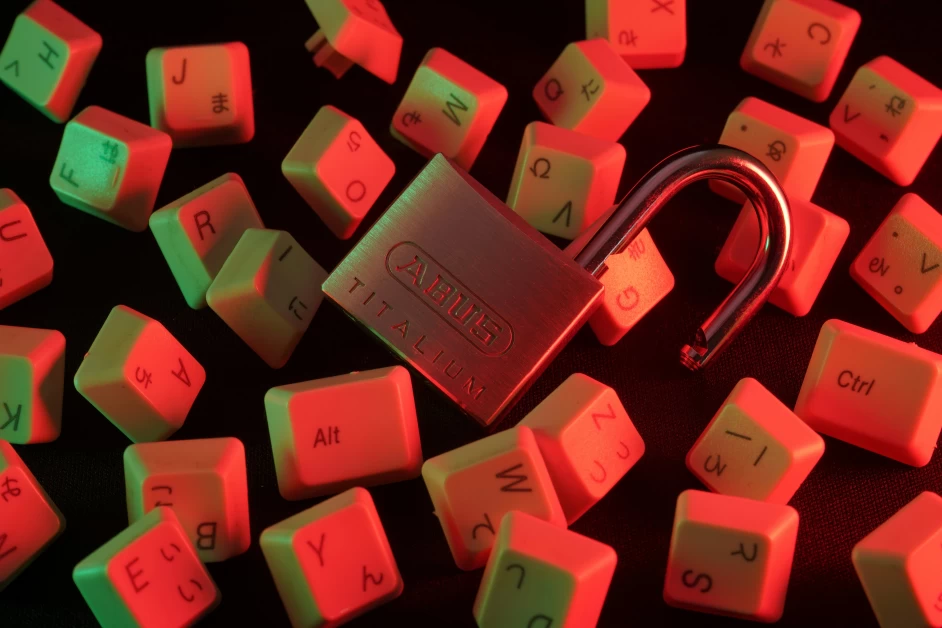Table of Contents
Encryption is a hugely valuable tool for anyone looking to hide their browsing habits from snoopers, but it’s become a buzzword in recent years. Plenty of messaging apps use end-to-end encryption as a selling point but undermine their privacy claims by collecting information from your phone or keeping comprehensive records of your activities.
Introduction
In this article, we will be examining some of the most encrypted messaging platforms available. We’ll delve into their privacy policies, data-aggregation practices, and legal history to determine just how secure and private these platforms truly are. By understanding the inner workings of these platforms, you can make an informed decision about which ones provide the highest level of anonymity.
Snapchat: Partial Protection and Privacy Concerns
One of the biggest players in the messaging app industry is Snapchat. While it offers end-to-end encryption for images, its protection does not extend to text chats. This means that anyone monitoring the network can easily see the content of your conversations. Additionally, Snapchat’s claim of “disappearing” images is not entirely accurate, as deleted or expired images can still be recovered with digital forensics tools.
To ensure your chats and photos remain private on Snapchat, it is recommended to use a Virtual Private Network (VPN). These tools encrypt all of your network traffic, preventing network administrators, public hotspot owners, and even the government from monitoring your online activities. However, it’s important to note that Snapchat itself will still be able to read your communications, as is the case with any social media platform.
The Importance of Privacy on Snapchat
Snapchat has often been touted as a platform that values privacy. However, its track record tells a different story. In the past, Snapchat used the same encryption key for every user, making it easy for hackers to decrypt any image. Furthermore, the company faced a class-action lawsuit in 2023 for storing users’ biometric information without their consent.
While Snapchat may be working to improve its privacy practices, there are still significant concerns. Conversations with Snapchat’s AI chatbot are stored indefinitely unless manually deleted, and the feature that alerts you when someone takes a screenshot of your photo is easily bypassed. Additionally, Snapchat’s data download tool is flawed, as it includes saved images from conversations, even if a participant has been blocked or their account has been deleted.
The Consequences of Saved Snapchat Activities
Many people argue that privacy is not a concern if you have nothing to hide. However, the popularity of Snapchat, with its disappearing messages and encryption, suggests otherwise. With over 800 million users, it is clear that not everyone using Snapchat is a criminal. The ephemerality of the app is one of its main attractions, but if messages are easily intercepted, stored for extended periods on Snapchat’s servers, and accessible to former contacts, then privacy becomes a significant issue.
Snapchat’s claim of “delete is our default” can be misleading, as communications are not entirely anonymous and irretrievable. The potential for stored messages to be accessed by unauthorized individuals poses a risk to users’ privacy and security.
The Search for Secure Messaging Platforms
Given the concerns surrounding Snapchat’s privacy practices, it is natural to wonder if there are more secure alternatives available. While no messaging platform is completely foolproof, there are several options that prioritize encryption and privacy.
-
Signal: Signal is often hailed as one of the most secure messaging platforms available. It offers end-to-end encryption for all messages and calls, and it has a strong track record of protecting user privacy.
-
WhatsApp: WhatsApp also provides end-to-end encryption for messages, voice calls, and video calls. It is owned by Facebook, which raises some privacy concerns, but the encryption itself is robust.
-
Telegram: Telegram offers optional end-to-end encryption for secret chats. While not all chats are encrypted by default, users have the ability to choose this level of security for sensitive conversations.
-
Wickr: Wickr is a messaging app that focuses on security and privacy. It offers end-to-end encryption for all messages, calls, and files, and it allows users to set self-destruct timers for messages.
Conclusion
While Snapchat may advertise itself as a secure messaging platform, its privacy practices and encryption capabilities are not as foolproof as they may seem. The lack of encryption for text chats and the ability to recover deleted images raise concerns about the platform’s commitment to user privacy. Considering alternative messaging platforms that prioritize encryption, such as Signal, WhatsApp, Telegram, and Wickr, may provide users with a higher level of security and peace of mind.







